Member of the Month: Alison Gemmill
Muntasir Masum, Tia Palermo, Selena OrtizAlison Gemmill is an Assistant Professor in the Department of Population, Family and Reproductive Health at Johns Hopkins Bloomberg School of Public Health. She is a trained demographer with primary interests in fertility, maternal, perinatal, and reproductive health, and life course and aging. You can follow her on twitter.
Please share how your work relates to the issues and concerns that are emerging as a result of the COVID-19 pandemic.
One area of my research studies how macrosocial stressors impact health, with a focus on pregnant women and other vulnerable populations. For example, I’m part of a research team—led by Professor Ray Catalano at UC Berkeley—that has a history of studying the population health impacts of phenomena like terrorist attacks and economic recessions on maternal and perinatal outcomes.
There’s no doubt that the effects of this pandemic will be studied for the rest of my lifetime. The studies that are coming out now are primarily focused on the most proximate effects of the virus, but examining secondary effects has tremendous potential to generate knowledge across myriad population health exposures and outcomes. For example, as someone who studies the effects of in utero exposures, the mechanisms linking the pandemic with perinatal health are incredibly complex and potentially multifactorial. Besides exposure to the virus, for example, we will need to consider changes in economic and social resources, maternal stress, exposure to environmental pollution, prenatal care utilization, and selection into pregnancy and birth, just to name a few. I think adequately addressing these complexities requires interdisciplinary approaches and teams.
We’d like to hear your thoughts and understandings about how COVID-19 stands to disproportionately impact vulnerable communities, such as the homeless, undocumented, and low-income populations.
My deepest gratitude goes out to all the population health scholars who have thus far exposed the effects of chronic underinvestment in our public health system, as well as the shameful legacies of health disparities and racism in our country.
As someone who largely studies maternal and child health, I’m especially concerned with the health of pregnant people and how the pandemic will further exacerbate disparities in maternal, neonatal, and infant health. Unfortunately, it’s becoming clear that pregnant people of color, and in particular Latinx people, disproportionately comprise COVID-19 cases among all pregnant people. Given emerging evidence around negative outcomes related to COVID-19 in pregnancy—including ICU admission and stillbirth—urgent interventions are needed. For example, pregnant people should at a minimum have access to adequate PPE while on the job.
Current population health efforts are focused on containing the spread of the virus. Going forward, what population health investments and policies are necessary to best prepare for and prevent future public health catastrophes?
Where to start?! I echo much of what has been said already by other population health scholars, but I think what is truly tragic is our institutional response to controlling community spread and adequately protecting essential workers. How do we rebuild trust and faith in our collective institutions after this? This seems to me to be one our biggest challenges, especially in an age rife with conspiracy theories, extreme political polarization, and mistrust of medical and non-pharmaceutical interventions (e.g. vaccines and masks).
What are some of the long-term implications of COVID-19 on population health?
There are so many, of course, but what I’m really interested in are the life-long health implications of SARS-CoV-2 infection. We’ve already seen that a non-trivial proportion of people have persistent symptoms after the acute phase of COVID-19, but it’s unclear to what extent exposure to the virus may trigger other types of physiological impairment or damage and how such changes ultimately affect trajectories of, and inequities in, health and well-being. I imagine that in the near future, our standard population health surveys, such as NHANES and NHIS, will provide the infrastructure to answer these crucial questions.
Tell us about your professional journey and how you ended up studying (Interviewee’s main area of training)?
My professional journey has been far from linear. Going into college, I had this idea that because I liked health, I would obviously pursue a career in medicine. I thankfully realized rather quickly that medicine wasn’t right for me and took my time—and lots of trial and error—to figure out what truly sparked my interests. This led me to eventually major in Geography, land a research job at the Guttmacher Institute (a sexual and reproductive health think tank), and eventually go back to school for my MPH in Maternal and Child Health. By the time I applied to PhD programs in my late 20s, I knew exactly what I wanted to do. Taking time to develop my professional interests was one of the best decisions of my life.
What is the general focus of your current research?
I’m a demographer who studies fertility, sexual and reproductive health, and maternal and perinatal health. I’m also interested in how pregnancy and birth shape health over the life course. My research is largely quantitative, and I use both aggregate- and individual-level data sources.
Can you summarize for us something you’ve been working on recently?
I have several lines of research that I’m working on at the moment. One of these is more demographic—I’m interested in why fertility rates have fallen in the US and how macrosocial and economic forces influence people’s decisions on whether or when to have children. (The pandemic will no doubt lead to delayed and foregone fertility.
I’m also beginning a project that looks at geographic variation in the health of reproductive-aged women and the role of state and local contexts. I’m glad that the maternal health crisis in this country has gained increased attention, but it’s likely that our poor maternal health metrics are just the tip of the iceberg.
How is interdisciplinary work necessary for the topics you study?
It’s essential. One of the reasons I enjoyed my doctoral training in Demography is that it exposed me to theoretical and empirical approaches from several disciplines, including sociology, economics, and anthropology. It’s my opinion that some of the biggest questions in population health research require an interdisciplinary approach. As an example, my work studying in utero exposures integrates empirical approaches from economics and epidemiology with theoretical foundations from evolutionary biology, psychology, and sociology.
Why did you decide to become a member of IAPHS, and how does IAPHS help you to advance the work that you do?
Joining IAPHS when it first started seemed like a no-brainer. Some colleagues of mine initially advertised IAPHS as a health-focused version of PAA, but I think of it as so much more than this. The scholars I’ve met through IAPHS seem to speak the same language as me; we also share the same challenges with managing interdisciplinary teams and careers.
In addition to providing opportunities to network during the annual conference, the resources—such as the mentorship program and professional development roundtables—are incredibly helpful to junior colleagues like myself. I also like that the blog posts provide an accessible way to engage with cutting-edge research on topics such as structural racism or unconscious bias.
And finally, I love connecting with IAPHS members on Twitter, especially as we collectively navigate this new era of what it means to be a population health scholar. I’m of course sad that we won’t be able to connect in person anytime soon, but I’m looking forward to virtually participating in our upcoming conference. (I’m chairing a session on environmental and occupational influences on maternal and perinatal health!)
Favorite movie, band, non-fiction, book, etc.
I’m a bit biased, but I think my hometown of LA has some of the best public radio out there. I often stream KCRW’s 24-hour streaming music station, Eclectic 24. Even my young children enjoy it.
And after a long day, one of my favorite ways to relax is to read cookbooks. (Sometimes I even cook from them!) I had to force myself to stop buying so many, but thankfully I discovered that my local library has a brilliant collection.

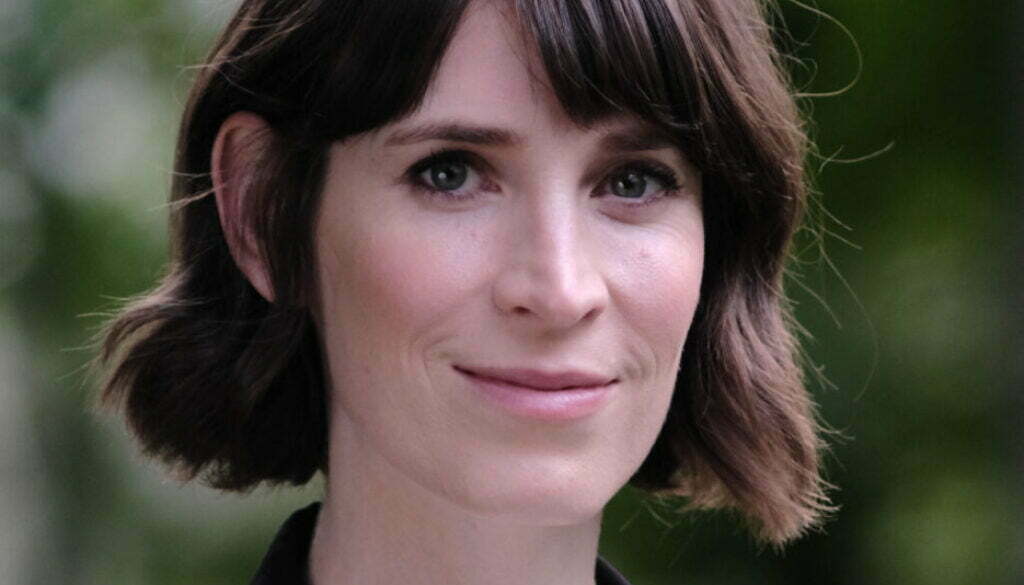

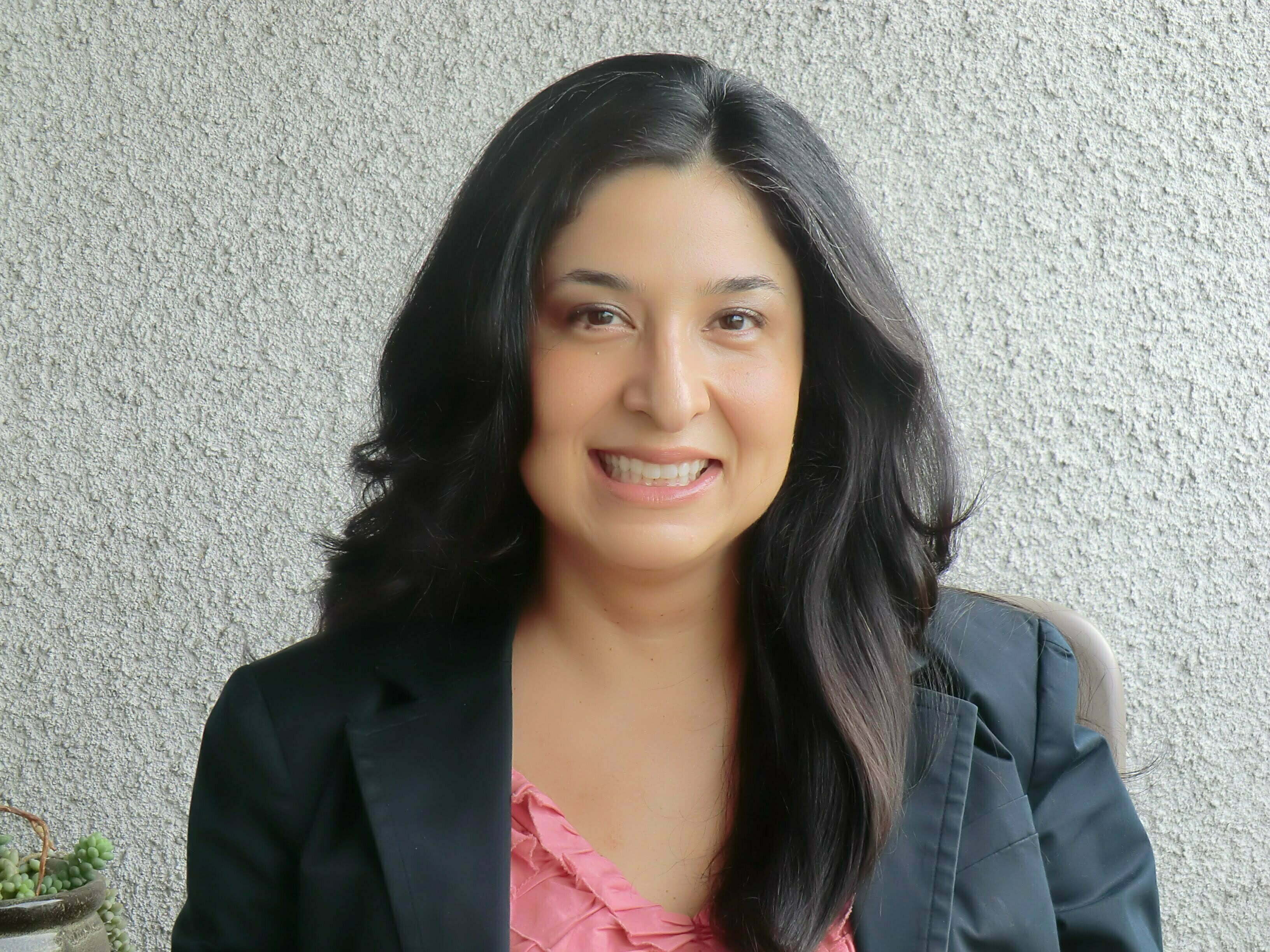
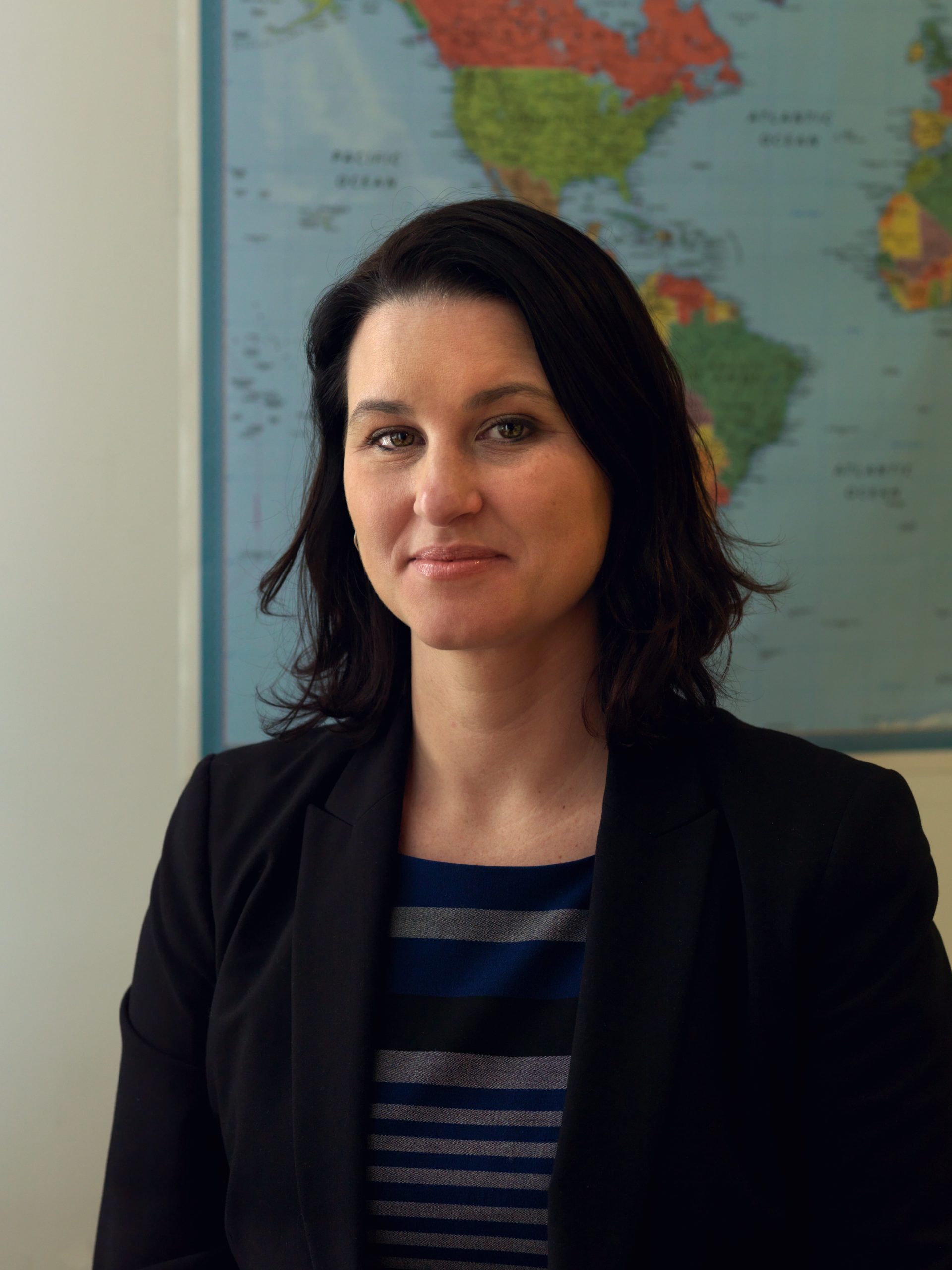
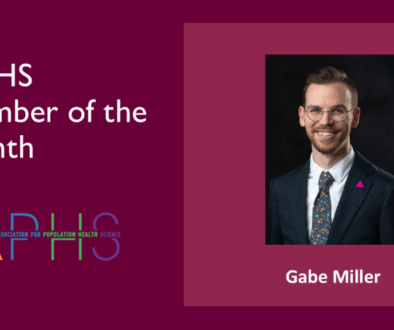
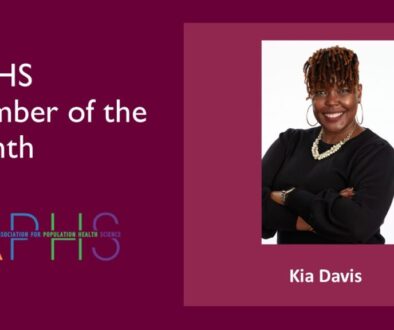

All comments will be reviewed and posted if substantive and of general interest to IAPHS readers.